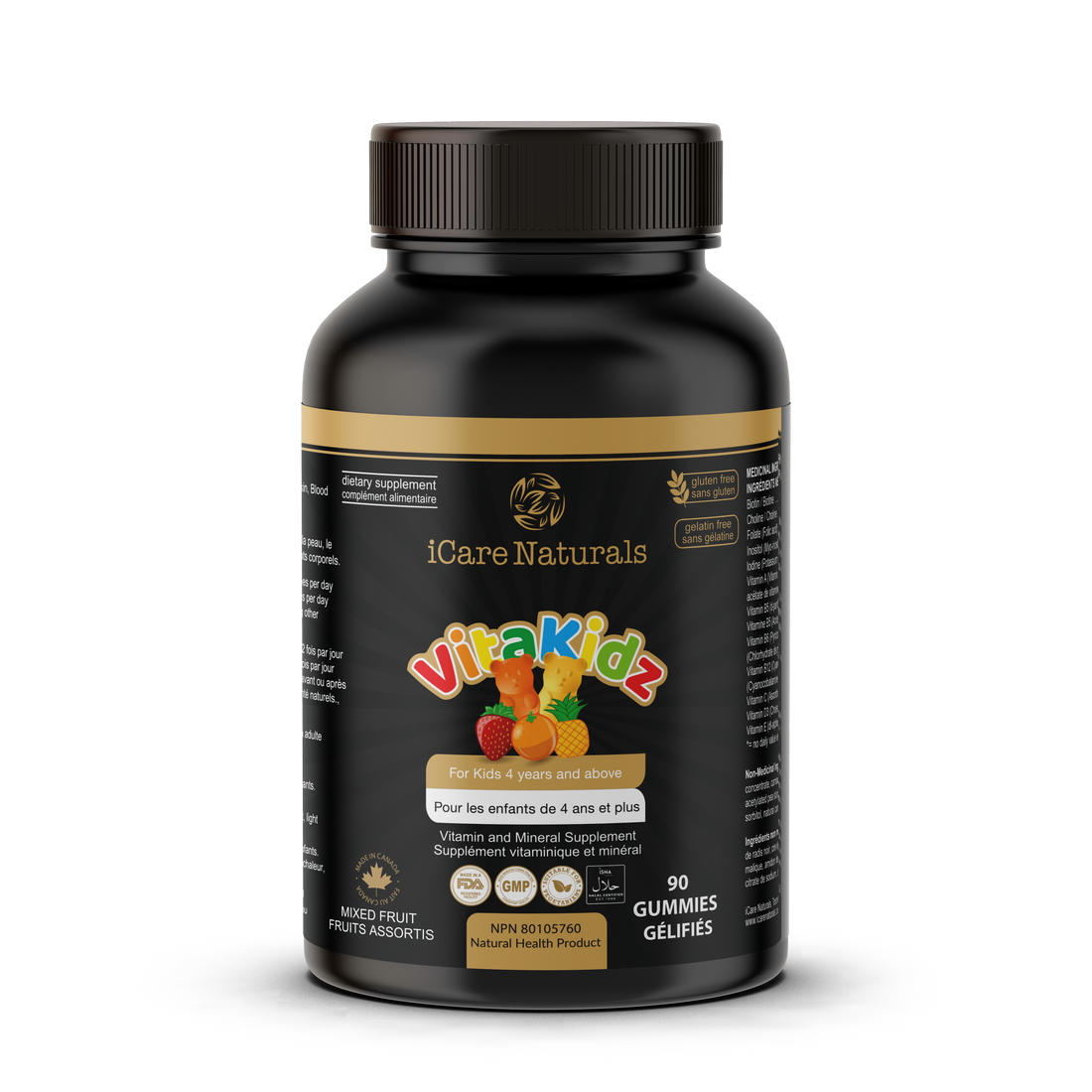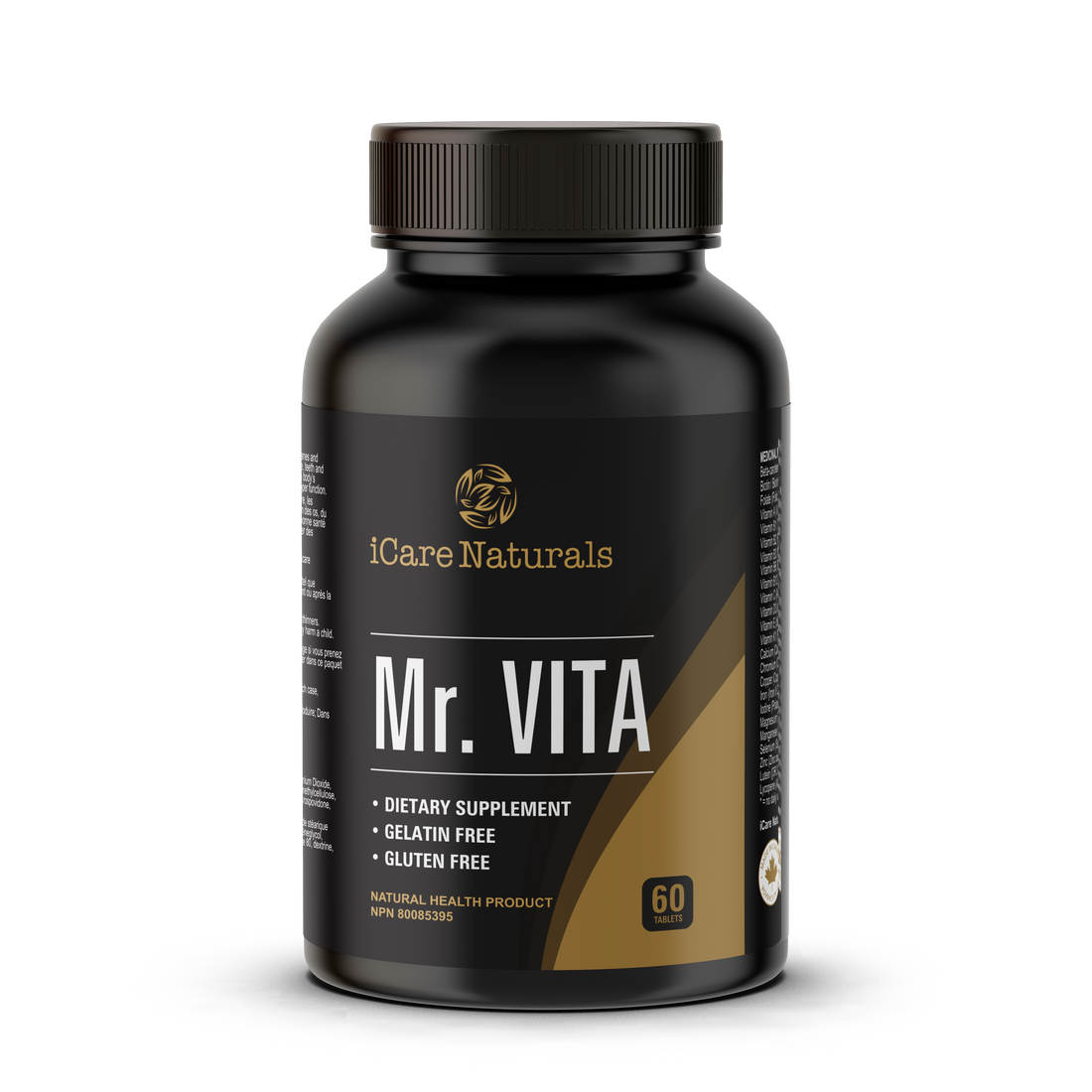Introduction
The digestive tract and its organs play a major role in the overall health of your body. The digestive system is responsible for breaking down food into nutrients that can be absorbed by your body, as well as removing waste products from your body. A healthy gut means you are better able to absorb nutrients and eliminate toxins. In this article, we will look at how to improve gut health naturally through diet and lifestyle changes
Consume more probiotics
You may be wondering what probiotics are and why they're so important. Probiotics are live microorganisms that are good for your health. You can find them naturally occurring in certain foods, such as yogurt and kefir, or you can take supplements containing probiotics. It also contains prebiotic fiber, which promotes healthy gut flora balance by feeding the beneficial bacteria already present in your intestines. The supplement comes in pill form or powder form (to mix into food), so you have options depending on your preferences!
Try probiotic supplements
Probiotics are a type of good bacteria that help maintain a healthy digestive system. They can be found in some foods, but not all probiotic-rich foods are readily available to you. If you're interested in adding more probiotics to your diet, consider taking a daily probiotic supplement as a supplement to your diet or as an alternative to eating food that contains probiotics.
Avoid foods that trigger your symptoms
Avoid foods that you know cause problems for you. This can include any food that makes your symptoms worse or any food that causes a flare-up in your condition. For example, if dairy products make you feel bloated and gassy, then it may be worth avoiding them if they are difficult to digest and cause uncomfortable side effects.
Similarly, try to avoid foods high in fiber (such as beans) or high in fat (like fried chicken). These types of foods take longer to digest than others which can cause bloating and discomfort.
It's also important not to eat too much sugar since this causes an increase in gas production by the bacteria present in the digestive system which leads to bloating and stomach pain.
Eat foods high in dietary fiber
Dietary fiber is an essential part of a healthy diet and has many health benefits. It helps keep you full and satisfied, which can help with weight management. Dietary fiber may also play a role in regulating blood sugar levels, reducing the risk of heart disease and stroke, lowering cholesterol levels, preventing constipation and supporting overall digestive health.
Maintain a healthy weight
Your digestive system works best when you maintain a healthy weight by eating a balanced diet that's rich in fruits, vegetables, whole grains and lean proteins.
Avoid skipping meals as this can lead to overeating later in the day. Instead, eat small meals throughout the day rather than three large ones at breakfast time. Also avoid skipping breakfast because it can result in you feeling hungrier during the day which leads to overconsumption of food.
Drink plenty of water
Drinking plenty of water is one of the easiest ways to improve your digestive health. Aim for at least eight glasses per day, and drink water before, during and after meals. If you're thirsty, drink more than just water—it's possible that your body may be crying out for a change in diet or even something as simple as an end to stress.
Drinking water helps keep things moving through your digestive system by making it easier for food particles to pass through small intestine walls and into blood vessels (which carry them away from the intestines). Water also keeps things moist so they don't stick together and form hard lumps that can cause discomfort or obstruction. Drinking lots of fluids will help prevent constipation too: when most people think about constipation they think about not having a bowel movement every day; but if you aren't drinking enough liquids then neither will be occurring regularly either!
Increase your physical activity
To promote your digestive health, it’s important that you increase your physical activity. You can do this by:
- walking or jogging
- swimming
- dancing
Manage stress
Stress is a common cause of digestive problems, so it's important to manage your stress levels. Stress can be caused by many different things, including work or school, family issues, finances and so on. But there are several methods you can use to help manage your stress levels:
- Exercise is one way to reduce the effects of stress on your body and mind. Try exercising for at least 30 minutes each day and plan it in advance so that you don't find yourself without time later in the day. If you have trouble sticking with an exercise routine but want to start exercising more often than not, consider joining a gym or hiring a professional trainer who can show you how to get fit while having fun!
- Meditation has also been shown in studies to reduce anxiety and depression symptoms by increasing happiness levels overall - which helps lower cortisol levels (the hormone released during periods of intense anxiety). Other techniques like deep breathing exercises may help calm nerves too; just make sure whatever method works best for someone isn't harmful before trying again next time around!
To improve your digestive health, you should start by eating a variety of foods and then try different treatments as needed.
Here are some guidelines to help you get started:
- Eat a variety of foods. Your digestive system needs a wide array of nutrients, so make sure you're getting plenty of fruits, vegetables, whole grains and legumes—all good sources of dietary fiber.
- Choose the most colorful produce available to eat more vitamin C-rich foods like bell peppers or broccoli; when in season, choose frozen fruits and vegetables over canned ones (which may have added sugar).
Conclusion
We hope this article was helpful in providing you with some basic tips for improving digestive health. If you’d like to learn more about these topics and other related issues, please visit our blog where we regularly post new content on various health topics.










